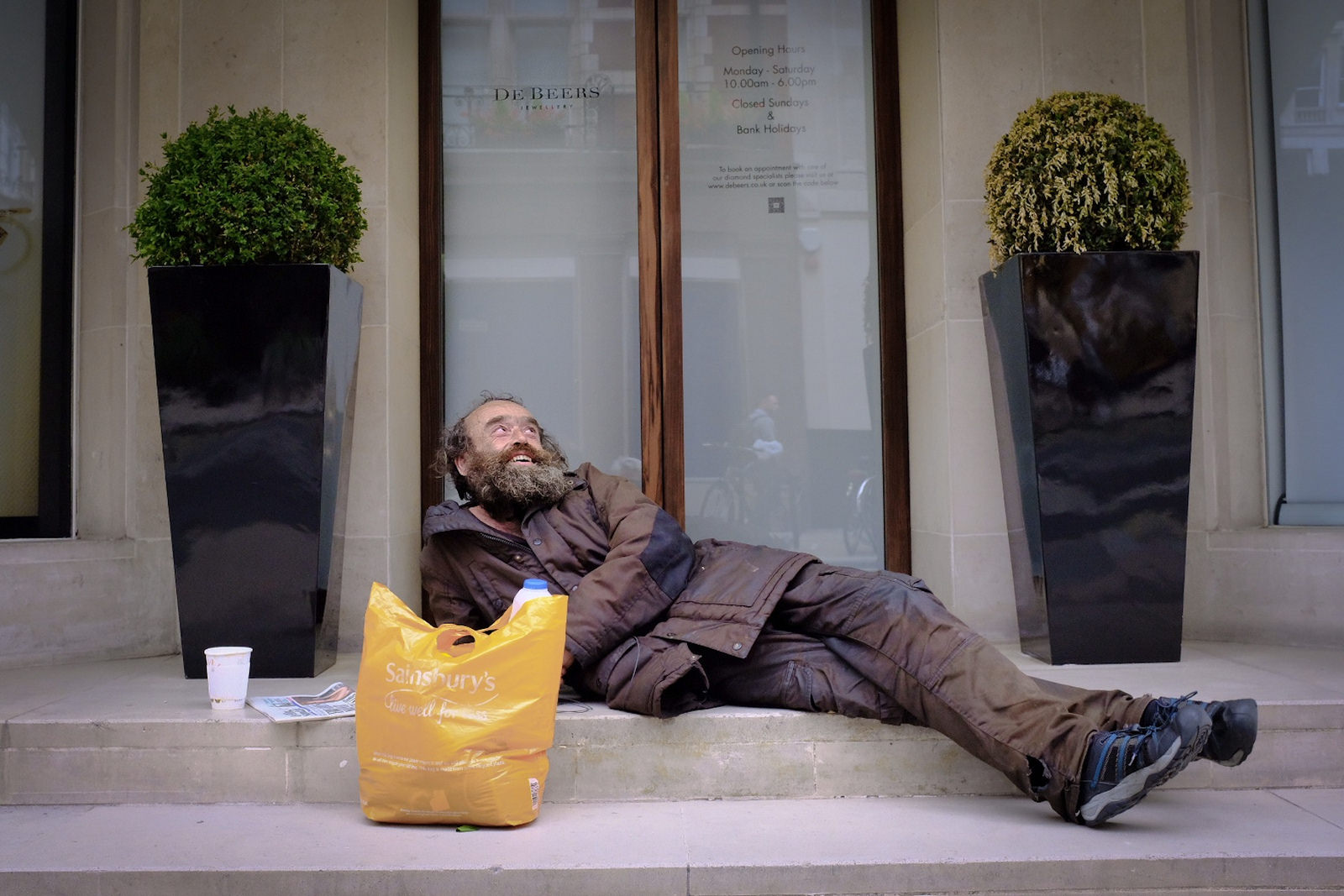We kick off the Commencement Archive with Dr. Claire Pomeroy’s 2017 commencement speech at Northeast Ohio Medical University titled “Your Gift (and Obligation)”.
Claire Pomeroy, M.D., M.B.A. is current president and CEO of the Albert and Mary Lasker Foundation. Under her leadership, the Foundation’s mission advanced to: “improve health by accelerating support for medical research through recognition of research excellence, public education and advocacy.” As an expert in infectious diseases, she passionately supports ongoing investment in a full range of research with special interest in health care policy and a focus on the importance of the social determinants of health.
Dr. Pomeroy has published more than 100 articles and book chapters. As a leader in her field, Dr. Pomeroy serves on the board of trustees for the Morehouse School of Medicine and the board of directors for the Sierra Health Foundation, the Foundation for Biomedical Research, iBiology, Inc. and New York Academy of Medicine. She is also a member of the board of directors for Expanesthetics, Inc. and for Becton Dickinson & Company. In 2011, Dr. Pomeroy was inducted into the National Academy of Medicine.
Dr. Pomeroy earned both her Bachelor’s and Doctor of Medicine degrees at the University of Michigan. She completed her residency and fellowship training in internal medicine and infectious diseases at the University of Minnesota. She has also earned an M.B.A. from the University of Kentucky. In 2016, Dr. Pomeroy received an honorary Doctor of Science degree from the University of Massachusetts Medical School. Dr. Pomeroy has held faculty positions at the University of Minnesota, the University of Kentucky and the University of California- Davis. At the University of Kentucky, she served as the chief of infectious diseases and associate dean for research and informatics. In 2003, Dr. Pomeroy joined University of California-Davis as executive associate dean and served as vice chancellor and dean of the School of Medicine from 2005 through 2013. She became president of the Lasker Foundation in June 2013.
In her address to the graduating class, Dr. Pomeroy is forthright. She does not embellish the career of a physician but rather illuminates the very real truths and what is expected of us as we take the lives of others into our hands. She states:
“By virtue of the credentials you now hold, people will now turn to you at their most vulnerable moments…..They will literally trust you with their lives. This trust is a gift and an honor. “
The use of the word “gift” is interesting. We often perceive physicians as the one “giving the gift”, namely providing care to the patient, but Dr. Pomeroy reframes this suggesting that it is the patient who offers trust and allows a physician to enter into a very personal domain.
Dr. Pomeroy continues on, urging the new physicians not to be content with the state of the medical field but rather to push its bounds.
“It has been said that change does not roll in on the wheels of inevitability; it comes through bold vision, continuous work, and unflagging dedication. This is what you are called upon to do. So as you accept your diploma today, you are also accepting the charge to lead us in the change our country needs.”
What was most compelling about Dr. Pomeroy’s speech was the discussion of her path to this career. After leaving a troubled childhood, only to be placed in four foster homes, Dr. Pomeroy faced the very issues physicians strive to improve in health care, issues such as “trusting the system,” and racial and social inequality. She so poignantly states:
“My first foster home was an “emergency placement” and just as I was thinking maybe I could trust them, it was time to go. From this, I learned about how hard it can be for the vulnerable and abused to trust the system, to trust even those dedicated to caring. My second placement was with an African-American family, who though not quite knowing what to do with this blond, blue-eyed white girl, opened their home with kind- ness. From them, I learned about race, equality and social justice…My final placement was with a couple who became foster parents just to take care of me and to them I will always be grateful. They saved my life. I learned that by giving ourselves, we can give life to others.”
She concludes with the following:
“In closing, I ask only that you heed Harriet Tubman’s call to action as she said, “Every great dream begins with a dreamer. Always remember you have within you the strength, the patience, and the passion to reach for the stars to change the world.”
Read the full speech in the Commencement Archive: https://www.themspress.org/journal/index.php/commencement/article/view/286/306


